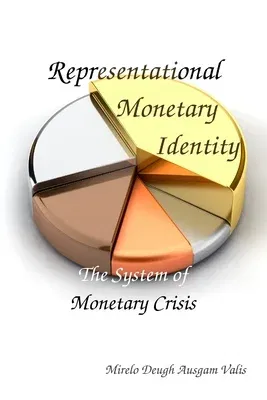Mirelo Deugh Ausgam Valis
(Author)Representational Monetary IdentityPaperback, 31 October 2011

Qty
1
Turbo
Ships in 2 - 3 days
In Stock
Free Delivery
Cash on Delivery
15 Days
Free Returns
Secure Checkout
Print Length
60 pages
Language
English
Publisher
Lulu.com
Date Published
31 Oct 2011
ISBN-10
1105188671
ISBN-13
9781105188671
Description
Product Details
Author:
Book Format:
Paperback
Country of Origin:
US
Date Published:
31 October 2011
Dimensions:
22.86 x
15.24 x
0.36 cm
ISBN-10:
1105188671
ISBN-13:
9781105188671
Language:
English
Location:
London
Pages:
60
Publisher:
Weight:
99.79 gm

